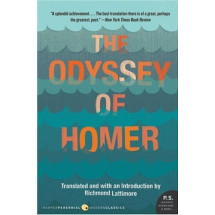Mental reflexivity, or metamentation -- a mind thinking about its own thoughts -- underpins reflexive consciousness, deliberation, self-evaluation, moral judgment, the ability to think ahead, and much more. Yet relatively little in philosophy or psychology has been written about what metamentation actually is, or about why and how it came about. In this book, Radu Bogdan proposes that humans think reflexively because they interpret each other's minds in social contexts of cooperation, communication, education, politics, and so forth. As naive psychology, interpretation was naturally selected among primates as a battery of practical skills that preceded language and advanced thinking. Metamentation began as interpretation mentally rehearsed: through mental sharing of attitudes and information about items of common interest, interpretation conspired with mental rehearsal to develop metamentation. Drawing on philosophical, psychological, and evolutionary perspectives, Bogdan analyzes the main phylogenetic and ontogenetic stages through which primates' abilities to interpret other minds evolve and gradually create the opportunities and resources for metamentation. Contrary to prevailing views, he concludes that metamentation benefits from, but is not a predetermined outcome of, logical abilities, language, and consciousness.
Radu J. Bogdan is Professor of Philosophy and Cognitive Science and Director of the Cognitive Studies Program at Tulane University and Visiting Professor of Philosophy and Psychology at Bilkent University, Ankara, Turkey. He is the author of Interpreting Minds (1997), Minding Minds: Evolving a Reflexive Mind by Interpreting Others (2000), and Predicative Minds: The Social Ontogeny of Propositional Thinking (2009), all published by the MIT Press.














